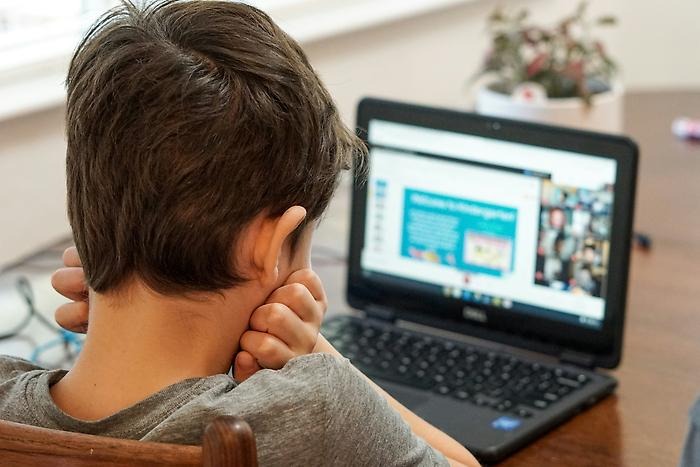Risks of AI disinformation in schools
A two-year research project will start this year that will carry out applied studies in schools in Brazil. The research will look at the effects of disinformation through generative artificial intelligence (AI) in the education system. Through the exchange of experience between Brazilian and Swedish researchers, the results could be applied to Swedish schools in the future.
%20thomas-park-6MePtA9EVDA-unsplash.jpg)
Photo by Thomas Park on Unsplash
The research project, entitled ‘Impacts of generative artificial intelligence on the disinformation ecosystem: applications in educommunication in the post-digital context’, aims to understand the impact of AI on disinformation and to develop an original approach in Educommunication to improve the use of generative AI tools and prepare school students to recognise the authenticity of the information generated and its potential to spread disinformation. The project builds on previous experiences from education projects in East Timor, Mozambique and Brazil.
Renira Gambarato, Professor of Media and Communication Studies, and Paola Sartoretto, Senior Lecturer in Media and Communication Studies, both at the School of Education and Communication (HLK) at Jönköping University (JU), will participate in the research project from Sweden.
%20renira_.jpg)
Renira Gambarato
Renira and Paola will go to Brazil in autumn 2025 to carry out studies and in 2026 two Brazilian researchers will come to Sweden.
"The exchange will be beneficial for us as we will further develop the methodology to be applied in schools that will be useful for both teachers and students. The results will also be shared, which may open up the possibility for a similar study to be conducted in Swedish schools," says Renira Gambarato.
The increasing use of generative AI makes disinformation more complex and difficult to control.
“It's about preparing students to better understand how AI works and to recognise when it is being used to create disinformation,” says Renira.
%20paola.jpg)
Paola Sartoretto
Generative AI can create original content autonomously by learning from large amounts of data without the need for supervision. This content can sometimes be inaccurate or misleading and can lead to problems such as fraud, discrimination and rights violations. As generative AI becomes more widely used in society, it can make disinformation more complex and difficult to manage. The algorithms that create this content are often difficult to understand, making it hard to assess the origin and accuracy of the information. This affects how we perceive and use information in our everyday lives.
“Media literacy, or the ability to understand, interpret, and use information, becomes more complex and important in our comtemporary media environment. The school plays a key role in creating the conditions for everyone to be able to read our current world in all its complexity,” says Paola Sartoretto.
The research project has five specific objectives:
- To examine emerging modalities of disinformation arising from the social use of generative AI technologies.
- To assess the impact of the social use of generative AI technologies on the disinformation ecosystem.
- To develop an original methodology in educommunication aimed at improving the social use of generative AI tools, both in terms of social recognition of the integrity of the information generated and its disinformative potential.
- To discuss the original methodology with Brazilian researchers based at the Swedish university, who are experts in educommunication and haveexperience in generative AI, the post-digital condition, media and communication, with the aim of improving it, applying it and making it available for public access on the research website.
- To apply the original methodology to be developed in public schools in Brazil.
Educommunication
Educommunication integrates education and communication to foster meaningful learning and critical thinking, emphasizing the use of media, communication tools, and participatory practices to promote dialogue, and social transformation.
